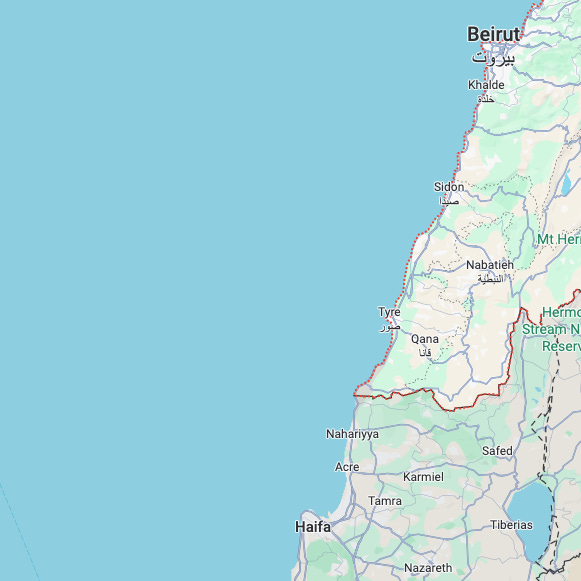A Map, the Sea, and Many Olive Trees
And some trains
1.
My grandfather was from Haifa, exiled to Lebanon alongside hundreds of thousands of Palestinians in 1948.
2.
My grandfather died in his 80s. He was older than Israel, the state that made Haifa Israeli.
3.
When I go to south Lebanon, I am closer to Haifa than I am to where I grew up near Beirut.
4.
Without the Israeli border, it would be a 40ish minutes drive.
With a fast train it could take, I'm guessing, 15ish minutes.
Without the Israeli border, my grandfather would have been able to just go home.
5.
There is a reason why the term ‘Gazan’ can be an uncomfortable one for Palestinians in Gaza.
It erases so much.
Most 'Gazans' are not from Gaza but actually Palestinian refugees from the lands that are no…



